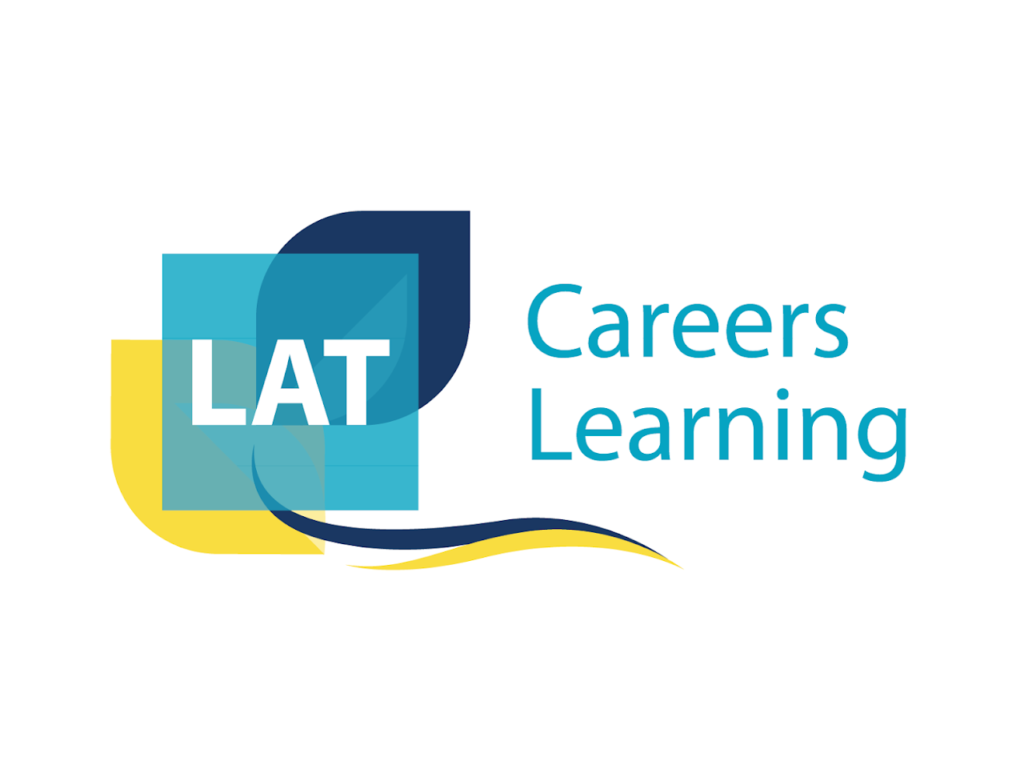Click on the links below to view the relevant section.
careers education
Careers education is a programme of activities that involve learning about the world of work and the skills individuals require to manage their careers. Careers learning is the process that a person undertakes to acquire these skills and to develop a mindset and attitude of success.
The careers programme is a planned set of activities designed to offer opportunities for learning the skills and knowledge described above. The government has put forward guidelines and expectations to help UK institutions put this in place as part of eight quality measures called the Gatsby Benchmarks:
- A stable careers programme
- Learning from labour market information
- Meet the needs of each pupil
- Linking curriculum to careers
- Encounters with employers and employees
- Experiences of workplaces
- Encounters with further and higher education
- Personal guidance at key transition points
Frequently Asked Questions
This is delivered by qualified careers professionals. it is impartial, which means it is free of biased opinions; all options are viewed equally and independently. It helps the learner to know how to find relevant and reliable sources of information to plan their future career. It draws on tools and techniques designed to expand the learners’ career knowledge, self-awareness, decision-making skills and ability to manage situations.
As described above, pupils studying at a Leigh Academies Trust (LAT) establishment can expect to participate in a robust, planned careers programme organised by their academy, offering them various opportunities to develop the necessary knowledge and skills for their future. This programme will typically include a range of activities such as experiences of real workplaces and careers guidance by age 16, either one-to-one or in a group. Students will also be provided with specialised support whilst choosing options (GCSE and options at 16 and 18).
Alongside academic achievement, we aim for pupils to learn about the different careers available, how to gain entry to them and how to develop the essential career management skills for success throughout their future careers. This support will be delivered by the Engagement Team (please see link on our website) as well as key teaching staff.
The professional governing body for careers education and guidance (Career Development Institute or CDI) sets out three key areas of learning containing 17 indicators of skills and knowledge that pupils need to understand during their time in formal education in order to successfully manage their futures. This is called the Careers Framework. The LAT Careers Learning team has developed ten careers- learning outcomes based on these indicators.
The indicators (learning outcomes) include:
- learning about yourself
- learning about careers and the world of work
- identifying suitable work and study opportunities
- making decisions and plans
- developing employability skills
- preparing for the future
- managing new situations (transitions)
The programme also includes key aspects of learning such as challenging stereotypes, managing personal finances and understanding the importance of health and safety.
growth mindset
What is a Growth Mindset?
Growth Mindset is a term coined by Stanford University Professor, Carol Dweck to describe the underlying beliefs people have about learning and intelligence.
Does adopting a Growth Mindset work?
In addition to the research about malleable intelligence, researchers noticed that teacher interaction, behaviour and language has a huge impact on the mindset of the children they teach.
Studies have looked into the effect of language and the difference in praise. Some types of praise can cultivate a fixed mindset, whereas other types of praise cultivate a growth mindset. This therefore has a huge impact on self belief and academic achievement.
A TED Talk by Carol Dweck
The power of believing that you can improve.
This talk is a great introduction to Carol Dweck and her growth mindset theory.


